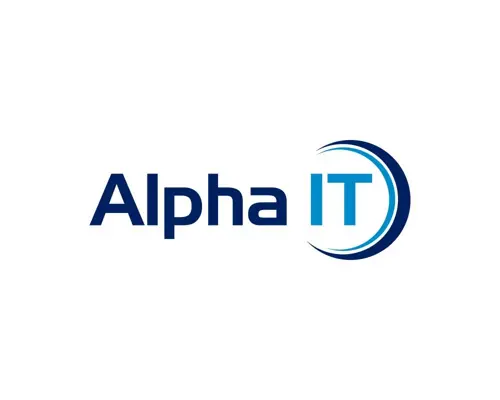Preparing for Windows 10 End of Life: Essential Guidance for Business Leaders
What You Need to Know and the Steps to Take Before October 14, 2025
Windows 10 End of Support: Why It Matters for Your Organization
If your business still depends on Windows 10, mark your calendar for October 14, 2025. On this date, Microsoft will officially discontinue support for Windows 10. While this may seem like another routine technology milestone, it brings significant implications and potential risks that every business leader should take seriously.
Understanding Windows 10 “End of Life”
After support ends, your Windows 10 devices will continue to function, but they will no longer receive vital security updates, bug fixes, or technical support from Microsoft. This lack of ongoing protection leaves your business increasingly vulnerable to cyberattacks, data breaches, and compliance issues over time.
Although it might appear to be a minor inconvenience, the end of support can create substantial vulnerabilities that could disrupt your daily operations and threaten your organization’s security and compliance standing.
Why This Change Impacts Your Entire Business
The transition away from Windows 10 is not just an IT department concern. Here’s why every part of your organization should pay attention:
- Increased Cybersecurity Risks: Without regular security patches, your systems become prime targets for cybercriminals.
- Compliance Challenges: Many industries require you to use supported software to meet regulatory standards. Failing to upgrade may jeopardize certifications or put you at risk of legal action.
- Operational Setbacks: Unsupported operating systems may become incompatible with new business applications and integrations, leading to inefficiency and productivity loss.
Next Steps: Your Action Plan for a Smooth Transition
Though the deadline may seem daunting, you can ensure a seamless migration by following these practical steps:
- Inventory Your Devices: Identify every workstation and device running Windows 10 across your organization.
- Evaluate Upgrade Paths: Determine which systems can be upgraded to a newer version of Windows and which will need to be replaced.
- Create a Migration Timeline: Prioritize critical systems and plan your upgrades in manageable phases to minimize business disruption.
- Implement the Migration: Begin updating, replacing, and securing your technology as outlined in your migration plan.
- Educate Your Team: Provide training and resources to ensure your employees are comfortable and productive with the new systems.
How We Can Support Your Migration
As your dedicated IT partner, we’re here to simplify the process and help your business move forward confidently. Our services include:
- Conducting a comprehensive assessment to understand your current environment
- Designing a tailored migration strategy and timeline that aligns with your business goals
- Managing the technical transition so your team can stay focused on core operations
Taking proactive steps now will help you avoid costly delays and security risks in the future. Reach out to us today for a complimentary consultation. Let’s work together to ensure your business is fully prepared for the Windows 10 end-of-life transition and positioned for continued success.










